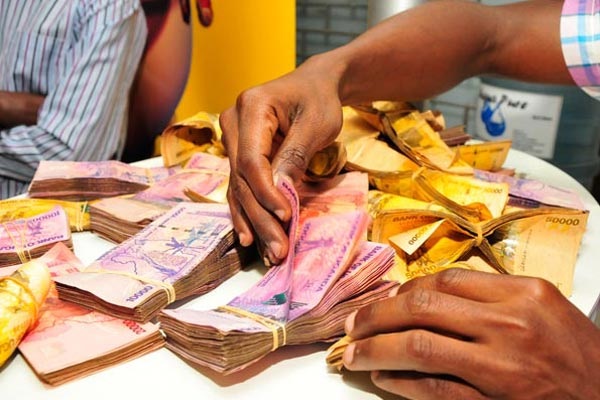
Examining the relationship between money and politics during elections in African countries and measures that could be put in place to eliminate inappropriate use of public money or fundraising from questionable sources
NEW ANALYSIS | MATHIAS HOUNKPE AND OLIVIER BUCYANA | Since the 1980s and early 90s the majority of African countries have held open, competitive and inclusive elections. This marks remarkable progress compared to the preceding post-colonial decades where one-party rules or dictatorships reigned throughout much of the continent.
These steps towards democracy have, in part, manifested through a more transparent and credible electoral process. However, it does not mean these elections have been without their flaws. Indeed there are still several challenges that remain.
One of the key obstacles that persists in the running of campaigns and elections is the rising costs of organising elections and the sources of this money. In the quest to consolidate its democracies, many African countries are being swayed by the monetary investments coming from a few elite individuals.
The power of the voting box is increasingly coming under threat by the power of the purse. Money – its origin and the way it is used during elections – is fast becoming a determining factor, influencing not only who wins, but also how the democracy eventually functions.
The problem with money
It goes without saying that electoral campaigns are expensive endeavors. But the problems with money – from the high cost, its (potentially questionable) sources, to the concomitant effects this has on democracy – is neither new nor particular to Africa.
Money issues in elections ring true the world over, from older more ‘established’ democracies through to the newer ‘nascent’ ones. For example, in the US 2008 Presidential elections, candidates spent a total of some $2.3 billion (Obama spending around US$715 m and McCain around US$446 m).
In France’s own 2012 Presidential elections, where the ceiling on expenditures for each of the two candidates competing for the second round is set at about US$29m, Hollande and Sarkozy spent around US$28m and US$27m respectively.
In African elections, while most political parties do not publish their expenditures, we can estimate (based on media and attestations from individuals directly involved in election campaigns), that each major political candidate and party may spend upwards of US$20m to US$60m.
These figures look quite high when compared to the ceilings in France and the UK.
The politics-money issue has been broached in different countries and at various times, but usually in regards to the same two questions: who are the source(s) of these funds, and what impact does this bear on political decisions made post-elections? Established democracies, such as those in the U.S., UK or France, themselves grapple with these questions, while young democracies, such as those in Africa, Eastern Europe and Latin America, often do not even know where to start.
 The Independent Uganda: You get the Truth we Pay the Price
The Independent Uganda: You get the Truth we Pay the Price



